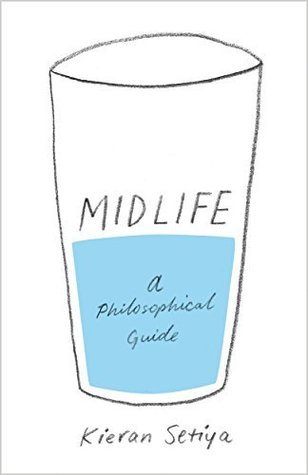More on this book
Community
Kindle Notes & Highlights
They are questions of loss and regret, success and failure, the lives you wanted and the life you have. They are questions of mortality and finitude, of emptiness in the pursuit of projects, whatever they are. Ultimately, they are questions about the temporal structure of human life and the activities that occupy it.
Call it the first rule for preventing a midlife crisis: you have to care about something other than yourself.
To wish for a life without loss is to wish for a profound impoverishment in the world or in your capacity to engage with it, a drastic limiting of horizons.
There is consolation in the fact that missing out is an inexorable side effect of the richness of human life. It reflects something wonderful: that there is so much to love and that it is so various that one history could not encompass it all. Even immortality would not suffice: your biography must have a determinate shape that differs from other eternities you could have lived. You still miss out.
Embrace your losses as fair payment for the surplus of being alive.
A simple way not to regret your mistakes is to have things turn out better than you hoped.
Beauvoir connects her dismay at non-being with the prospect of inevitable death: “I think with sadness of all the books I’ve read, all the places I’ve seen, all the knowledge I’ve amassed and that will be no more. All the music, all the paintings, all the culture, so many places: and suddenly nothing.”6
“If you do not know how to die, never mind,” he urges ruefully in his penultimate essay, “Nature will tell you how to do it on the spot”10—the implication being that only death will silence the electric, halting terror that the thought of death provokes.
Arthur Schopenhauer, the most notorious pessimist in the history of Western philosophy and a scrupulous critic of getting what you want.
Aiming thus at something else, they find happiness by the way.”


